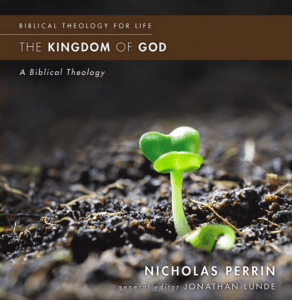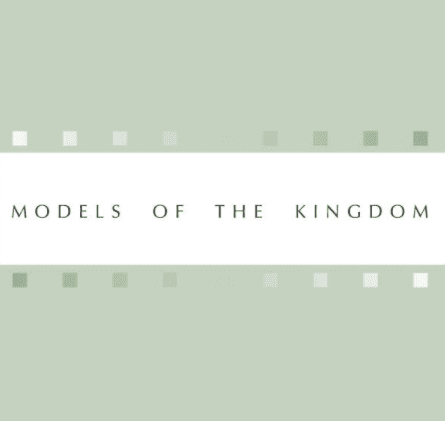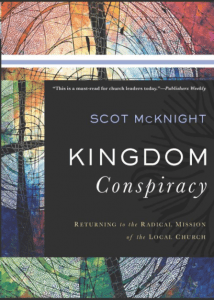 If one keeps an ear close enough to the ground one might just hear a subtle shift at work in kingdom and heaven language. It works a bit like this: Heaven no longer matters that much but kingdom language is awesome. That language about the future kingdom has quietly become either a fictional, rhetorical utopia or not much more than a way of getting people to be more concerned about the Here and Now. And that kingdom language can get us to make this world and our country and the common good a better place.
If one keeps an ear close enough to the ground one might just hear a subtle shift at work in kingdom and heaven language. It works a bit like this: Heaven no longer matters that much but kingdom language is awesome. That language about the future kingdom has quietly become either a fictional, rhetorical utopia or not much more than a way of getting people to be more concerned about the Here and Now. And that kingdom language can get us to make this world and our country and the common good a better place.
Are you hearing this shift? If this is rhetorical only is it a trick? is it little more than projection? But if that kingdom future is real and will happen what does it say about spirituality? (Much in every way, one might mutter.)
Barry Jones, in his new book Dwell, is out to shape a kind of spirituality that is missional and ecclesial and not just missional in the sense of justice or individualistic. So he opens with a study about the stories we live in and live into, the problem of our brokenness, and importance of the Spirit as we become the dwelling place of God but then he touches on “glimpses of the world to come.” It is there that I want to focus our conversation today.
In his section on story he speaks not about the missio Dei (the mission of God) but the visio Dei (the vision of God), and here he sees these themes: it is about God’s presence and God’s just reign and God’s peace.
Barry contends Jesus sets before us a model, a model of what a missional, incaranational spirituality looks like — and it looks like a new kind of community — and, I would add, if it looks like a new kind of community, what kind of disciplines do we need to work toward that kind of community and what kind of virtues do we need to be at the forefront if this is what it looks like?
Jesus was a boundary breaker. Boundary breaking is about opening the door to others.
Jesus was a shalom maker. Peace requires more than one person.
Jesus was a people keeper (not sabbath keeping but people keeping).
Jesus was a wounded healer.
If the kingdom is a society marked by these kinds of behaviors (seen in Jesus in how he lived), what happens to spiritual disciplines? The first thing that happens is that we realize they are not just for personal transformation but for community formation!
Jesus Christ came into the world to save the world—to secure, by his death and resurrection, the dream of God, the dream of shalom. But he also came into the world to be the prototype of a new humanity, to show us what it means to live out our human vocation in this broken world as we wait for the dream of God to come in its fullness. For us to live out a spirituality deeply informed by the logic of the incarnation—life with God for the world—is for us to pattern our lives after the life of Jesus who was a boundary breaker, a shalom maker, a people keeper, and a wounded healer. In order to pursue this repatterning of our lives, God has given us a set of embodied practices—the spiritual disciplines—through which the Spirit does his work of making us more like Jesus (99). [I used C-Pen 3.5 to enter this quotation. Amazing new tool.]











